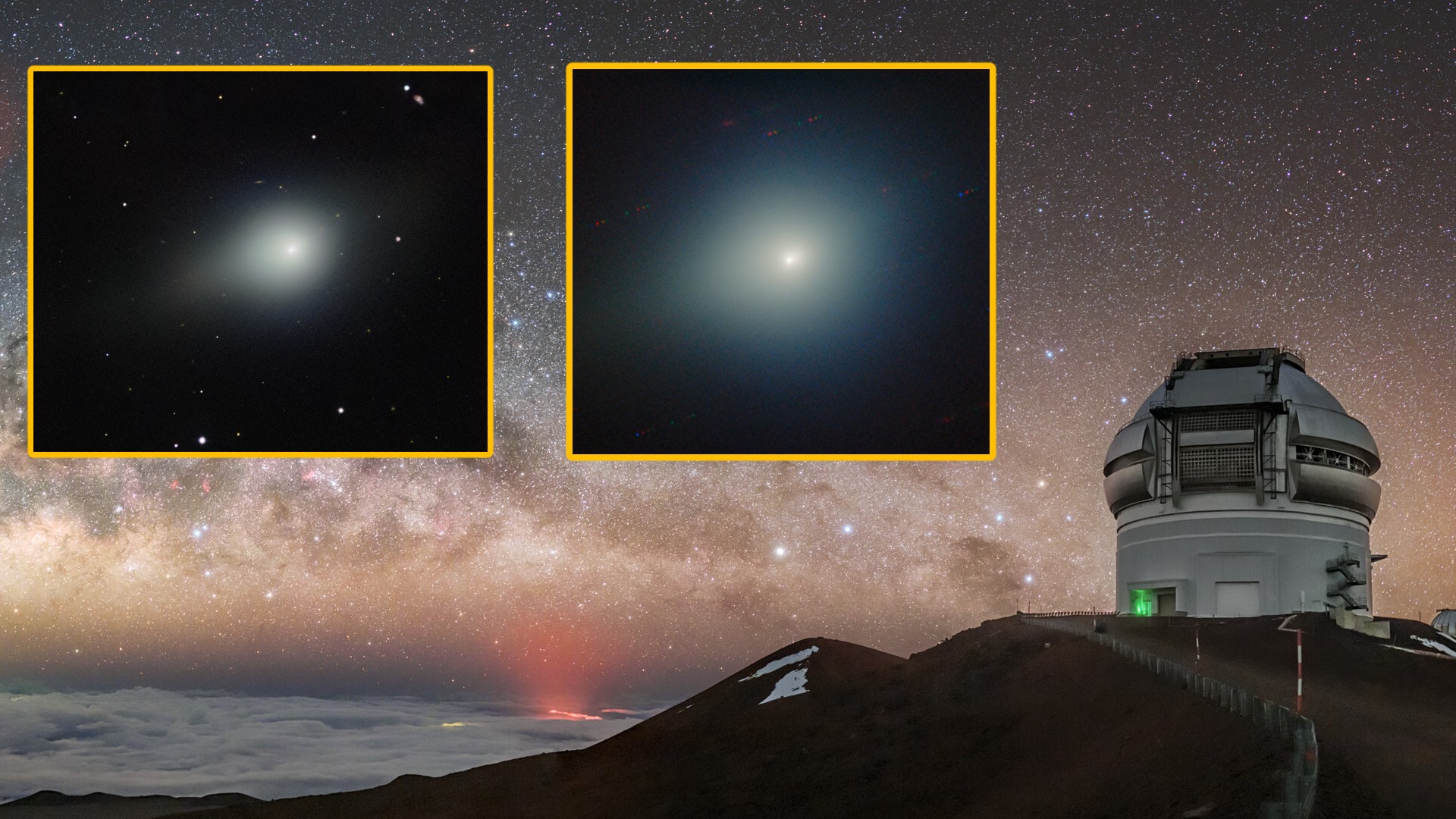
Attention all rabbis, imams, monks, priests and pandits: Researchers want to know if you are interested in taking psychedelic mushrooms. For science, of course.
Researchers at Johns Hopkins University and New York University recently put out this unusual call, looking for religious and spiritual leaders to take the psychoactive drug psilocybin in a controlled setting, so they can study what people in this group experience while taking the drug.
"The question for us is: What are these experiences like for people in the clergy who have taken, in some cases, religious vows, and whose professions are focused on supporting others in their own spiritual quest?" said the study's lead author, Roland Griffiths, a professor of psychiatry and neuroscience at Johns Hopkins Medicine. [11 Odd Facts About Magic Mushrooms]
The scientists hope that their study will reveal insights into the nature of spirituality. For instance, are there common spiritual experiences that underlie every mystical encounter, or do different people experience a variety of feelings? Are chemically induced transcendent encounters similar or different to more traditional mystical experiences that don't involve drugs? And does the trippy feeling of communion with nature or others enhance or derail people's spiritual beliefs?
Mystical encounters
Psilocybin is a compound found in certain species of mushrooms that acts on specific receptors in the brain. The drug is considered a hallucinogen, and it can change people's perceptions and their thinking abilities. Negative effects from using the drug can include flashbacks and mood disturbances.
In past work, Griffiths and his team found that people taking psilocybin in a controlled setting had deeply meaningful, spiritually significant experiences that had an impact on them long after the trippy effects wore off. For instance, his team found that people on even a single psilocybin trip could induce permanent personality changes, making people more open to new experiences.
Get the world’s most fascinating discoveries delivered straight to your inbox.
Other research has found that psilocybin could alleviate symptoms of depression and anxiety.
The psychedelic experiences of some people in these studies met some of the criteria that researchers use to define mystical experiences, which involve a sense of interconnectedness between all people and things, and which are typically accompanied by a sense of sacredness and authority, Griffiths said. [5 Controversial Mental Health Treatments]
"There's often a sense of love, open-heartedness and sometimes a collapse or a transcendence of time and space," Griffiths told Live Science. "They're very hard to put into words."
Examples of mystical experiences are foundational for many world religions, from the visions of Saint Paul on the road to Damascus, to the enlightenment reached by the Buddha under the Banyan tree. So Griffiths and his team wondered how religious leaders, who are often called to their professions by their own mystical encounters, would feel during the transcendent experiences induced by magic mushrooms.
Religious differences
One of the main questions the team hopes to answer is how these mystical experiences differ from those experienced by laypeople in their past studies.
They are also wondering how people's experiences while taking psilocybin are colored by their religious belief systems. For instance, it's possible a Catholic priest may see his psychedelic experience as a communion with Jesus Christ, but it's probably a long shot that a Buddhist monk would see his trip the same way, Griffiths said.
"What we do know is that these experiences are biologically normal and that most people under these conditions will have experiences that are profoundly moving and sacred," Griffiths said. "And so it may be that the interpretive frame that people put on is just that, an interpretive frame, and the underlying experience is the same across these traditions."
It's also not clear whether the hallucinogenic mystical encounters caused by psilocybin mirror those that religious leaders have experienced in the past, without the aid of chemical helpers, Griffiths said.
The researchers are also hoping that the experience will positively impact the spiritual leaders' religious vocation. For instance, many clergy experience burnout from all the administrative work they must do, and and it's possible the encounter could reinvigorate them and renew their calling toward religious service, Griffiths said.
Rabbis Tripping
The team is hoping to find a total of 24 religious leaders from the world's major religions, but not everyone qualifies for the trippy experience. The participants must be between 25 and 80 years old, must have never taken the drug or other psychedelics before, and have no psychiatric illnesses or recent history of alcoholism or addiction.
All of the participants' identities will be kept confidential, as religious leaders may be wary of letting parishioners know they tripped for science.
Participants in the study will take a day off to consume a small dose of psilocybin in a comfortable setting resembling a living room. Trained staff will be on hand to support them during their contemplative journey.
Right now, the team has already fulfilled testing with their desired allotment of Protestant religious leaders, though they are still looking for Roman Catholics and are especially eager for imams to get in contact, Griffiths said.
Follow Tia Ghose on Twitterand Google+. Follow Live Science @livescience, Facebook & Google+. Original article on Live Science.

Tia is the editor-in-chief (premium) and was formerly managing editor and senior writer for Live Science. Her work has appeared in Scientific American, Wired.com, Science News and other outlets. She holds a master's degree in bioengineering from the University of Washington, a graduate certificate in science writing from UC Santa Cruz and a bachelor's degree in mechanical engineering from the University of Texas at Austin. Tia was part of a team at the Milwaukee Journal Sentinel that published the Empty Cradles series on preterm births, which won multiple awards, including the 2012 Casey Medal for Meritorious Journalism.


